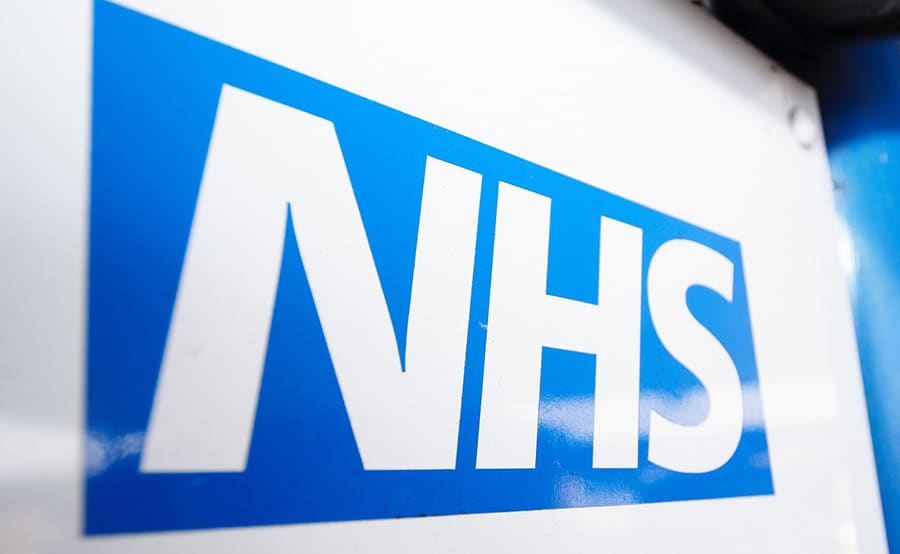DHSC reveals £588m fund to support timely hospital discharges by covering costs of care at home

People needing additional follow-on care after being discharged from hospital – including older people and those with disabilities – will be supported by a new £588 million fund from the UK Government to cover adult social care or the immediate costs of care in their own home.
From 1st September, the NHS will be able to access the funding in order to provide up to six weeks of additional support so people can receive ongoing help with their recovery and rehabilitation after they leave hospital. This could include support in their home or access to services such as physiotherapy.
These new funding arrangements will apply up until 31st March 2021.
NHS Continuing Healthcare (NHS CHC) assessments will also restart from September, ensuring those with complex health needs can continue to access the care they need for free.
Health and Social Care Secretary, Matt Hancock, said: “We know for the majority of people the road to recovery can be quicker when they receive care and support in the comfort of their own home.
“This funding will help ensure people can be safely discharged from hospital knowing they will get the vital follow-on care they need to recover fully from treatment.
“We’re also making sure those with complex health needs continue to receive the best support possible in the community.”
Most people will be discharged back to their homes. However, it is anticipated that a very small proportion will need, and benefit from, short- or long-term residential, nursing home or hospice care.
DHSC stresses that no one should be discharged from hospital directly to a care home without the involvement of the local authority and that all patients are required to be tested prior to discharge to a care home.
No care home should be forced to admit an existing or new resident who has tested positive for coronavirus, if the home would be unable to cope with the impact of their illness, the UK Government adds.
If a care home provider does not feel they can provide the appropriate isolation for those coming out of hospital, the individual’s local authority should secure alternative appropriate accommodation and care for the required isolation period, DHSC advises. Costs of providing alternative accommodation are covered by discharge funding provided via the NHS.
Additionally, new guidance has been published by DHSC to help hospitals safely discharge patients into the appropriate setting to maximise their independence and ensure they can remain in their own homes as much as possible.
The new guidance sets out the operating model for all NHS trusts, community interest companies, and private care providers of acute, community beds and community health services and social care staff in England. It replaces the hospital discharge service requirements issued on 19 March 2020 to support the response to the COVID-19 pandemic.
A comprehensive care and health assessment for any ongoing care needs, including determining funding eligibility, will take place within the first six weeks following discharge to make sure individuals have the support they need.
The funding can also be used for urgent community response support to prevent someone being admitted to hospital. This can include providing urgent domiciliary care or nursing support, like basic wound care, in someone’s own home, rather than in hospital.
Case managers will ensure people are discharged safely, on time and that they have full information and advice about what is happening. This includes how individuals’ needs will be assessed and any follow up support that may be required. This approach applies to anyone discharged from NHS community and acute beds.
The funding is part of the £3 billion provided to protect and prepare health and social care in the event of a second peak of COVID-19 during winter and follows £1.3 billion funding made available via the NHS to support the discharge process in March.

